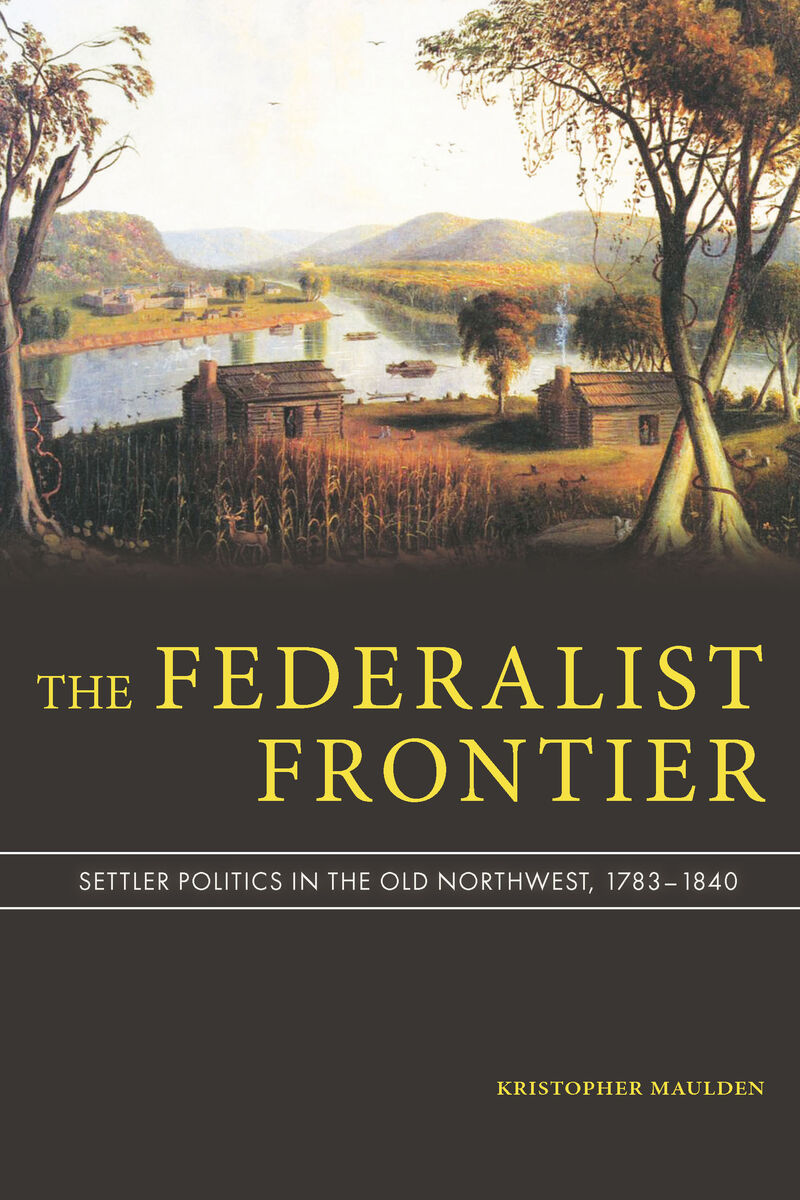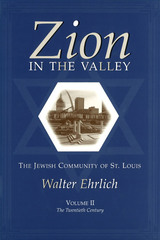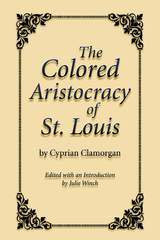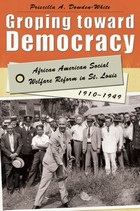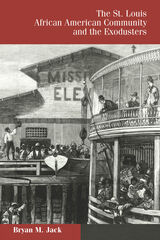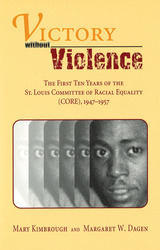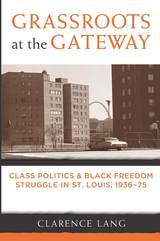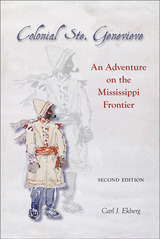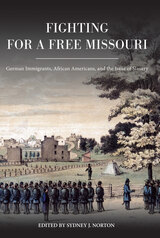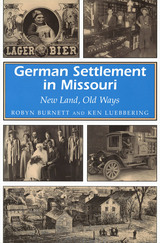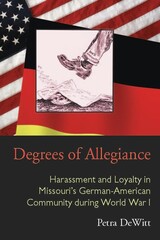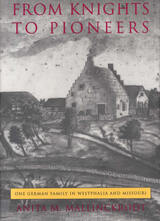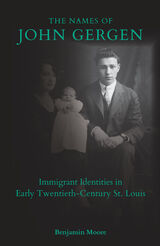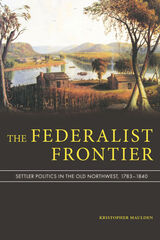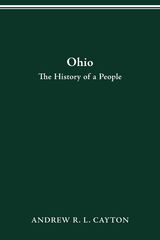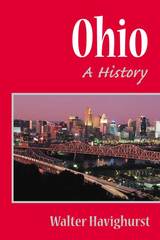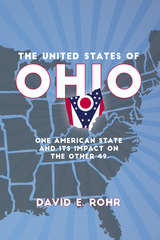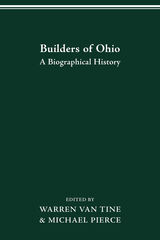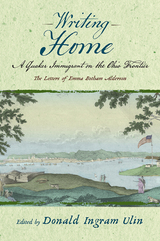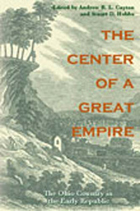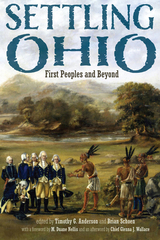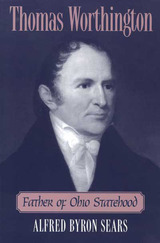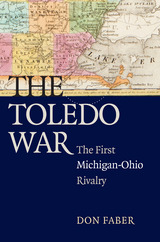The Federalist Frontier: Settler Politics in the Old Northwest, 1783-1840
University of Missouri Press, 2023
Cloth: 978-0-8262-2196-4 | Paper: 978-0-8262-2285-5 | eISBN: 978-0-8262-7439-7
Library of Congress Classification F483
Dewey Decimal Classification 977
Cloth: 978-0-8262-2196-4 | Paper: 978-0-8262-2285-5 | eISBN: 978-0-8262-7439-7
Library of Congress Classification F483
Dewey Decimal Classification 977
ABOUT THIS BOOK | AUTHOR BIOGRAPHY | REVIEWS | TOC | REQUEST ACCESSIBLE FILE
ABOUT THIS BOOK
The Federalist Frontier traces the development of Federalist policies and the Federalist Party in the first three states of the Northwest Territory—Ohio, Indiana, and Illinois—from the nation’s first years until the rise of the Second Party System in the 1820s and 1830s. Relying on government records, private correspondence, and newspapers, Kristopher Maulden argues that Federalists originated many of the policies and institutions that helped the young United States government take a leading role in the American people’s expansion and settlement westward across the Appalachians. It was primarily they who placed the U.S. Army at the fore of the white westward movement, created and executed the institutions to survey and sell public lands, and advocated for transportation projects to aid commerce and further migration into the region. Ultimately, the relationship between government and settlers evolved as citizens raised their expectations of what the federal government should provide, and the region embraced transportation infrastructure and innovation in public education.
Historians of early American politics will have a chance to read about Federalists in the Northwest, and they will see the early American state in action in fighting Indians, shaping settler understandings of space and social advancement, and influencing political ideals among the citizens. For historians of the early American West, Maulden’s work demonstrates that the origins of state-led expansion reach much further back in time than generally understood.
Historians of early American politics will have a chance to read about Federalists in the Northwest, and they will see the early American state in action in fighting Indians, shaping settler understandings of space and social advancement, and influencing political ideals among the citizens. For historians of the early American West, Maulden’s work demonstrates that the origins of state-led expansion reach much further back in time than generally understood.
See other books on: Federal Party (U.S.) | Northwest, Old | Old Northwest | Pioneers | Territorial expansion
See other titles from University of Missouri Press
